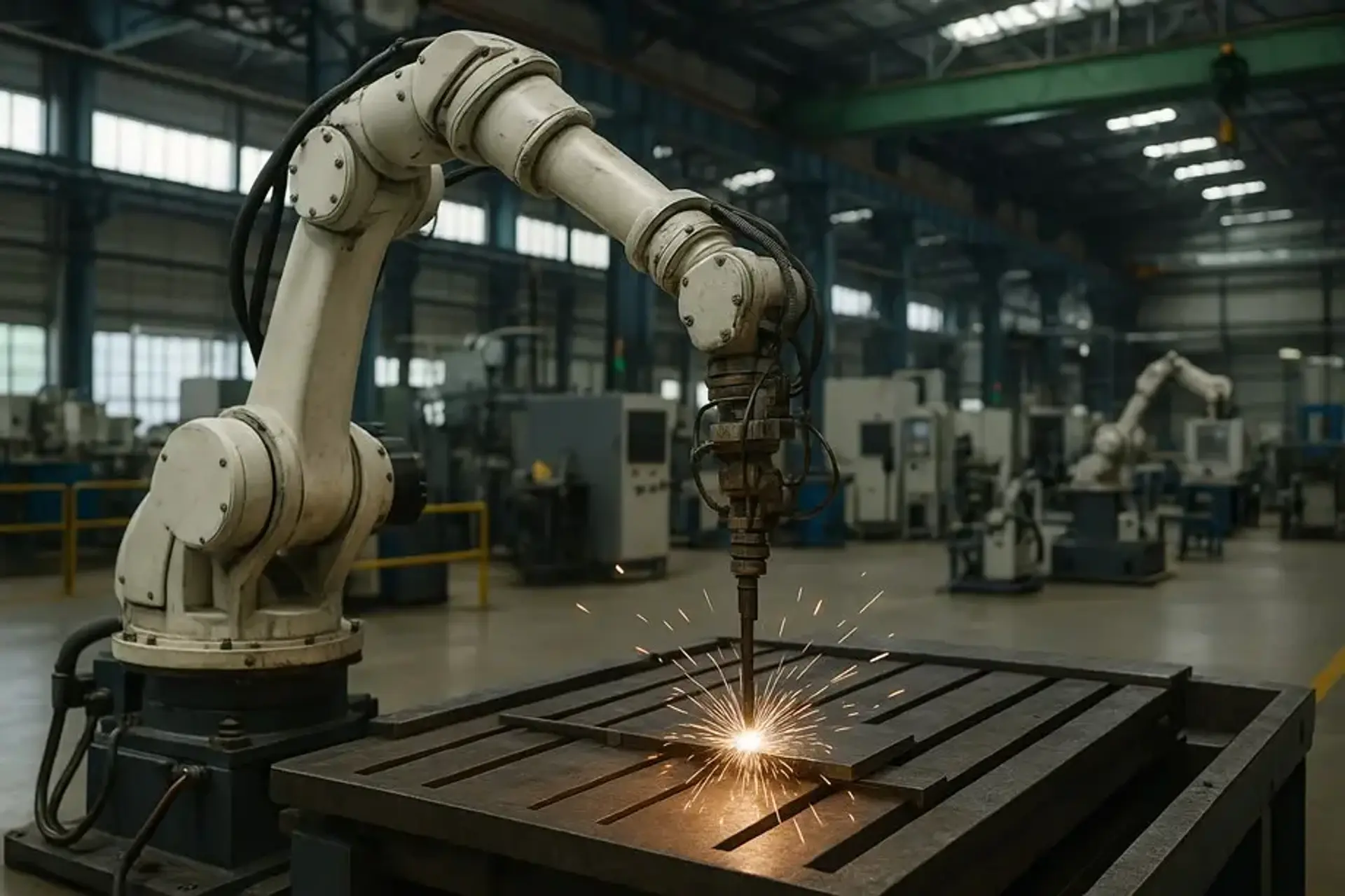A recent study has found a strong correlation between the integration of AI-driven industrial robots in urban environments and a reduction in carbon emission intensity. The research indicates that cities embracing AI technology are seeing tangible benefits in lowering their carbon footprint. This suggests that investment in AI and robotics could be a key strategy for cities aiming to meet sustainability goals and combat climate change.
The study highlights the potential for AI to optimise industrial processes, leading to greater energy efficiency and reduced waste. By automating tasks and improving decision-making, AI-powered robots can minimise resource consumption and lower the environmental impact of manufacturing and other industries. The findings offer a compelling case for policymakers and businesses to accelerate the adoption of AI as a tool for environmental stewardship.
While the study focuses on urban areas, the implications extend to a broader range of industries and regions. As AI technology continues to advance, its role in driving sustainability and reducing carbon emissions is likely to become even more significant. Further research is needed to explore the specific mechanisms through which AI achieves these reductions and to identify best practices for implementation.




